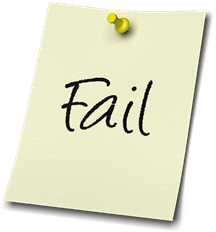
"Nothing strengthens authority so much as silence." -- Leonardo da Vinci. "Nothing traps you in the urgency of the moment like availability." -- Sam Raimer, Baptist pastor and blogger. Anyone in a leadership position, from an office manager to a church pastor, has to carefully balance authority with approachability. Which should take precedence, if either? At one time, the answer was simple: authority was always preferable. But the workplace has changed radically in the last half century, and management experts have been debating the concept of the "open door policy" for decades. Some advocate its adoption on a wide scale, while others insist it can utterly destroy a leader's productivity. Given the wide latitude here, where should you strike the balance? In general, here are some … [Read more...]











